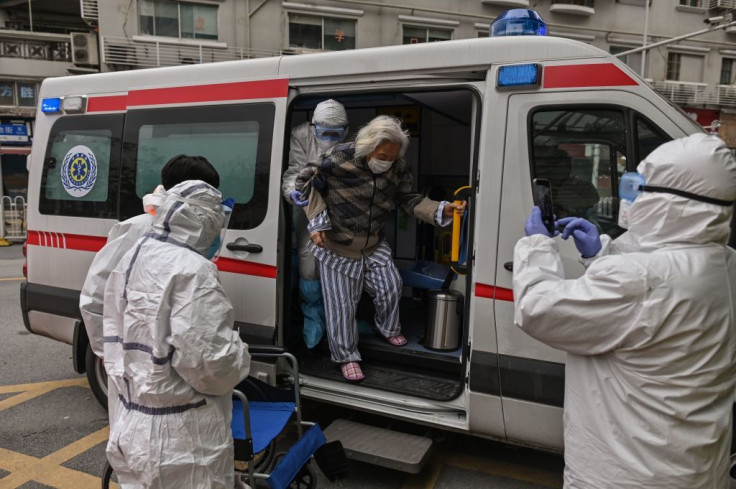
When the initial wave of the coronavirus pandemic had begun, the diagnosis had been that the virus sticks to tiny air sacs in the lungs and clogs them, depriving the body of much-needed oxygen and effectively shutting down essential organs. But now, experts have discovered that the new coronavirus may have the capability to damage a person’s liver, kidneys, hearts, and intestines as well.
As the pandemic engulfs countries across the world, the evidence is cropping up that the virus is not just damaging its host’s lungs but also causing heart inflammation, acute kidney disease, intestinal damage, liver problems, neurological malfunction, and blood clots. And while earlier, these occurrences in coronavirus patients was attributed to the “cytokine storm”, the immune-system severe response that cause damage to organs, but now the same observation cannot be applied to every case.
As per Alan Kliger, a Yale University School of Medicine nephrologist, half of those suffering from COVID-19 have blood or protein in their urine- a side-effect of damage to their kidneys. In fact, 14 to 30 percent of intensive-care patients in New York and Wuhan, China, have no kidney function and require regular dialysis to survive. Some are in need of continuous renal replacement therapy.
Kliger shared how New York’s intensive care units are overwhelmed by the number of kidney failure cases and running low on personnel who can perform dialysis and sterile fluids used to deliver the therapy.
“That’s a huge number of people who have this problem. That’s new to me,” Kliger said. “I think it’s very possible that the virus attaches to the kidney cells and attacks them.” He is also co-chairing a task force assisting COVID-19 patients in need of dialysis.
While many are still attributing the severe kidney damage to the extensive treatment and the severe reaction of the immune system, there is the fact that researchers in Wuhan found acute kidney injuries and particles of the coronavirus in the kidneys of 9 out of 26 bodies of people who had died from COVID-19.
“It does raise the very clear suspicion that at least a part of the acute kidney injury that we’re seeing is resulting from direct viral involvement of the kidney, which is distinct from what was seen in the Sars outbreak in 2002,” said Paul Palevsky, a University of Pittsburgh School of Medicine nephrologist and president-elect of the National Kidney Foundation.
© 2025 Latin Times. All rights reserved. Do not reproduce without permission.



